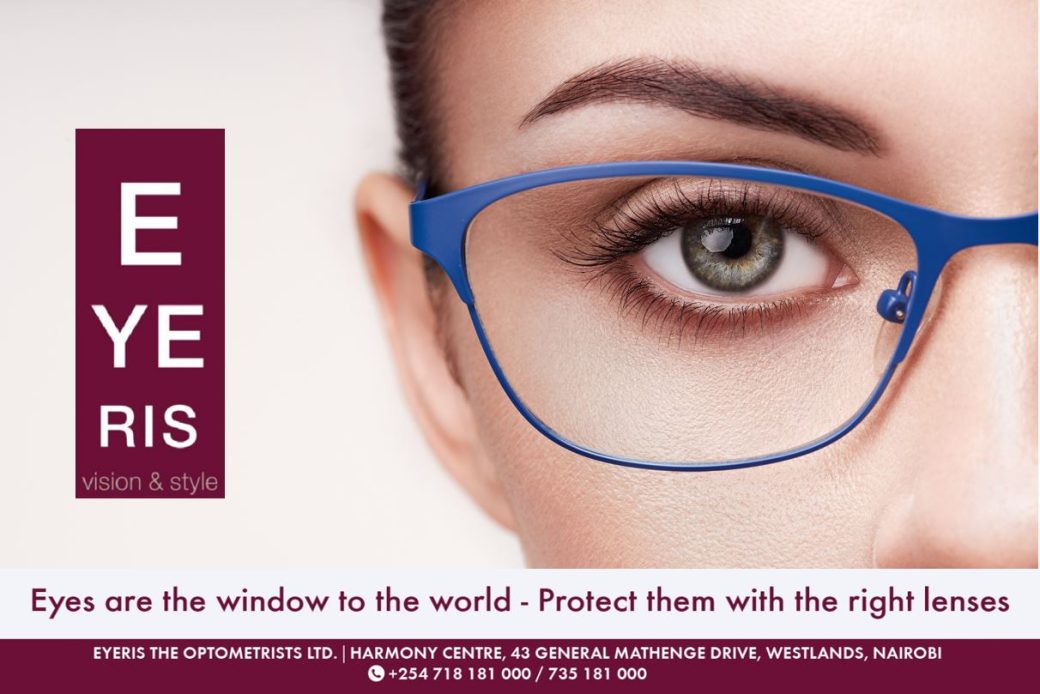What Are The Options For Your Needs?
Due to the variety of options, most individuals take a lot of time selecting the frames for their glasses. Few people are aware that they also have access to a wide variety of lenses that provide correction and protection which enables them to see clearly and precisely.
While choosing the proper frames is crucial for comfort and appearance, it also takes time and thought to select the lenses that are best for your eyesight, way of life, and requirements.
There are three main distinctions you need to make, do I need corrective lenses, protective lenses, or corrective lenses that protect?
Corrective spectacle lenses are effective tools to address near-sightedness (myopia), far-sightedness (hyperopia), and other eye conditions (presbyopia) for the long term.
All these lenses are also available in two different materials: glass and plastic (organic material).
The most typical lenses used to correct vision are single-vision lenses. These lenses are custom-made to fit your prescription and treat myopia, hyperopia, and astigmatism in the eyes.
Bifocals and progressive lenses are both designed to treat presbyopia in patients, who are typically over 40 years old. Bifocals only assist you in seeing clearly at a distance and up close, whereas progressive lenses correct your vision at all distances.
Computer glasses with an addition, help your eyesight focus when switching from one screen to another, like from your computer to your phone, as well as safeguard your vision when looking at digital screens.
Eye protection is needed where there is the possibility of environmental (UV rays, blue light, or dust) irritants, chemical, or radiological hazards.
Eyeshields, also called safety glasses, goggles, etc, not only provide protection against flying unwanted tiny foreign bodies and chemical splashes but may also protect against UV rays, depending on the lens material.
The Eye being one of the most sensitive organs of the human body, should be best-taken care of.
The most commonly used lens material for safety eyewear is polycarbonate. This material has less than half the weight of glass making the eyewear more comfortable to wear. Polycarbonate lenses are also more impact-resistant than plastic or glass lenses and do not shatter.
SAFETY GOGGLES ARE DESIGNED FOR:
- Individuals who want to protect themselves from contagious diseases
- Staff who look after cleanliness
- Laboratory staff who deal with harmful chemicals on a day-to-day basis
- People who work at construction sites
- Carpenters, electrical workers, welders, etc
YOUR CORRECTIVE LENSES CAN ALSO BE THE PROTECTIVE LENSES:
Your spectacle lenses have specialized coatings put to them to safeguard your eyes. You can combine any of the following options to make sure that your glasses, provide you the best vision possible for your needs and way of life:
UV rays are filtered by PHOTOCHROMIC lenses, which are light-sensitive lenses that can adjust to various brightness levels.
ANTIGLARE COATING on your lenses shields your eyes from bright lights and are ideal for persons who frequently drive or spend time outside.
BLUE LIGHT BLOCKING eyewear blocks damaging light from the sun, televisions, computers, and mobile devices.
UV-BLOCKING lenses can stop ultraviolet light.
ANTI-SCRATCH lenses help shield your lenses from scratches by coating them with durable material. This keeps your glasses in better condition and extends their lifespan.
Rain or condensation won’t obstruct your vision as some ANTI-GLARE coatings have a water-repellent feature that ensures that water simply glides off your lenses.
Transitioning between a hot and chilly environment without being concerned about your lenses fogging up is possible with lenses that have an ANTI-FOG feature in their ANTI-GLARE coating.
Whatever your requirements, taking the time to weigh all your possibilities is worthwhile. It is crucial to understand that you don’t have to select one or the other of these lenses; you can combine all these choices to get the greatest eyesight for your needs.
Make an appointment and visit Eyeris, we can suggest choices based on your preferences, age, and prescription requirements.

HOW DO I SELECT THE BEST LENSES?
Here are some useful hints that will help you make the best selection possible when selecting the correct lenses for your glasses.
Everyone’s requirements for spectacles are different. There are various options, whether for utilitarian need or for fashion. Therefore, before choosing your glasses, you need to think about a few things. Before making a choice, you should consider the following:
Do you have trouble seeing things up close or far away?
Short-sightedness (myopia) or farsightedness (hyperopia) are common eye conditions that can easily be corrected through single-vision prescription lenses. If you seem to have trouble seeing objects that are near and far, you likely need progressive lenses.
Are you having trouble reading?
If you are over 40, this is a common symptom of presbyopia, which may require progressive lenses.
Do you use the computer a lot or watch a lot of TV?
Computer glasses can prevent eye strain and overexposure to blue light. These lenses are perfect if you spend a lot of time in front of digital screens.
Are you an outdoors person?
UV lenses can be useful in protecting your eyes from overexposure to harmful UV light. In addition, photochromic or adaptive lenses ensure comfortable vision both indoors and outdoors.
Your sunglasses can of course be made up to the required correction of your eyesight in almost all colors and the recommended density for ideal sun protection.
Do you play a lot of sports?
Anti-scratch, anti-glare and even water-repellent lens coatings on your glasses can help you enjoy your active lifestyle to the fullest.
Do you drive at night?
Anti-glare or Blue Light Blocking lenses can prevent accidents by providing crystal-clear vision throughout your ride.
There are many more questions you should ask yourself, but these should provide you with a good starting point when it comes to choosing the lenses that suit you best. Make sure you spend enough time discussing these options with your optometrist.
CHECK OUT OUR SPECTACLES OFFER THIS JANUARY
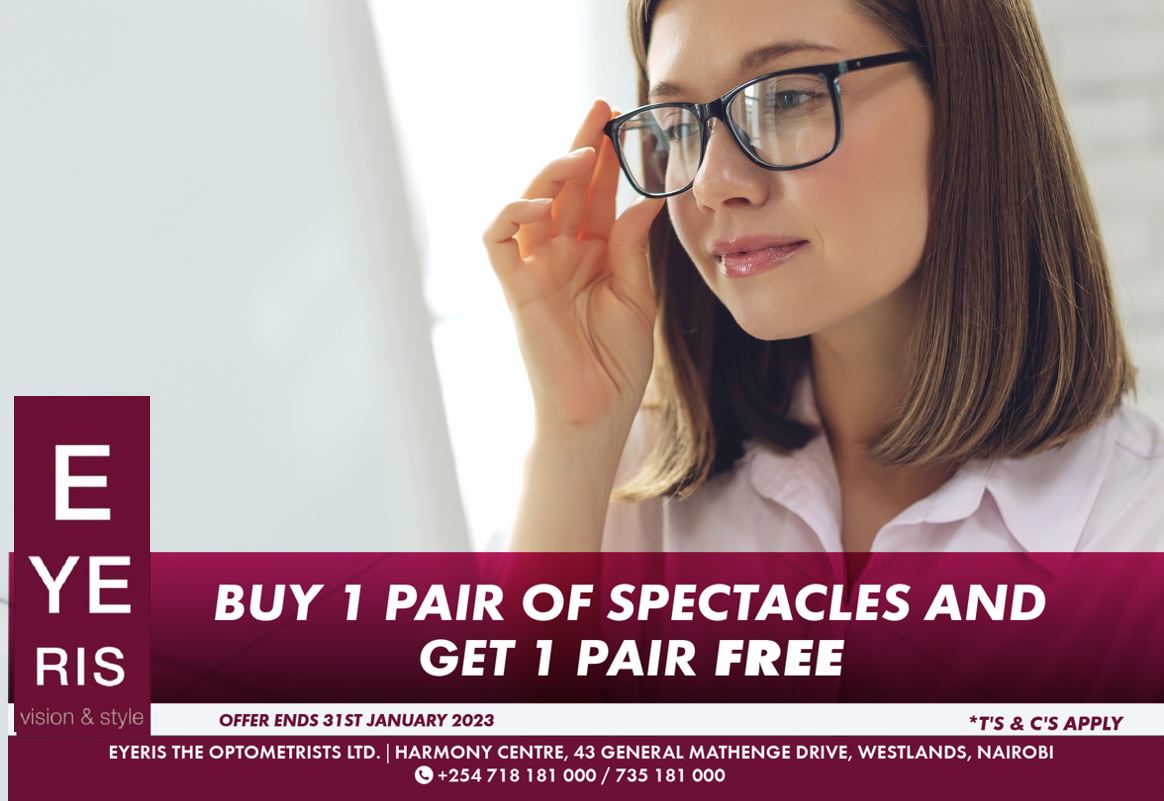
Eyeris The Optometrists
EYERIS always aims at exceeding expectations. When you become a patient of this practice, the health of your eyes will be their first concern, the second being to get the best possible visual performance for all your lifestyle needs.
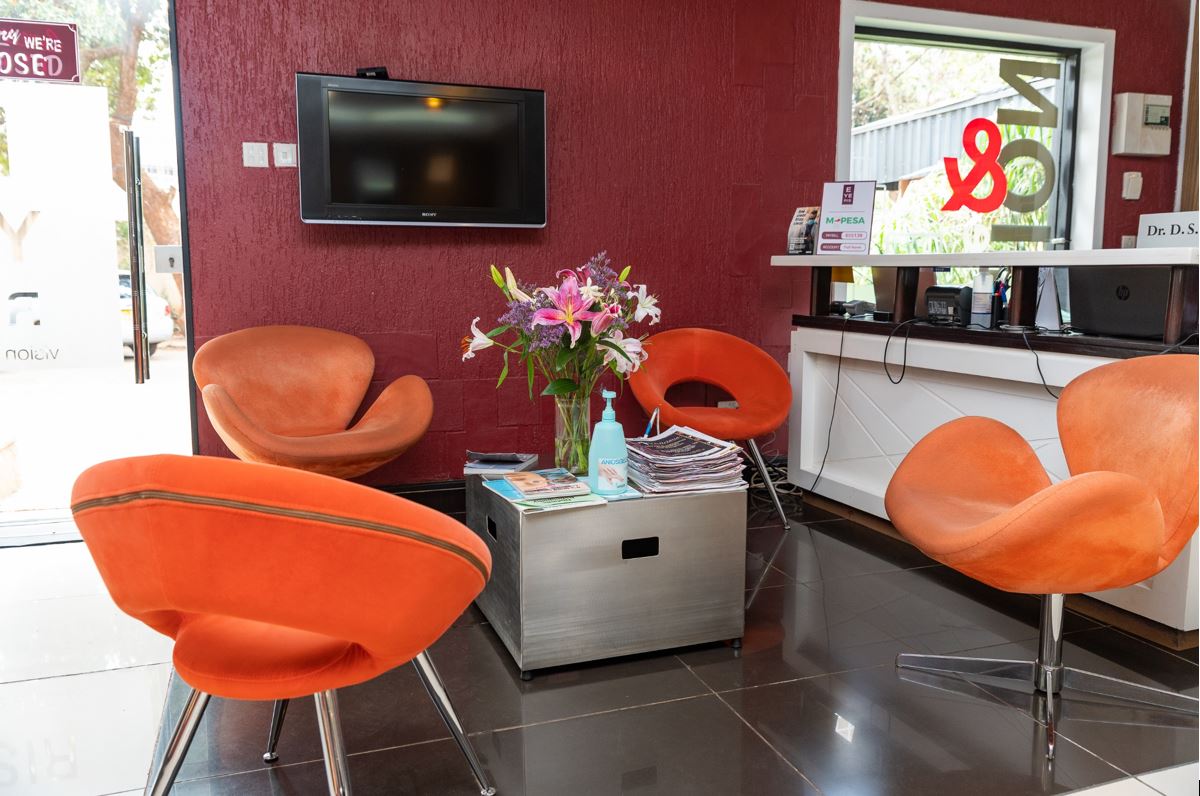
Meet The Team
With a team of optometrists and dispensing opticians who specialize in visual correction and thorough care of the eyes, Eyeris has the latest techniques and equipment used in examining and safeguarding one’s sight.
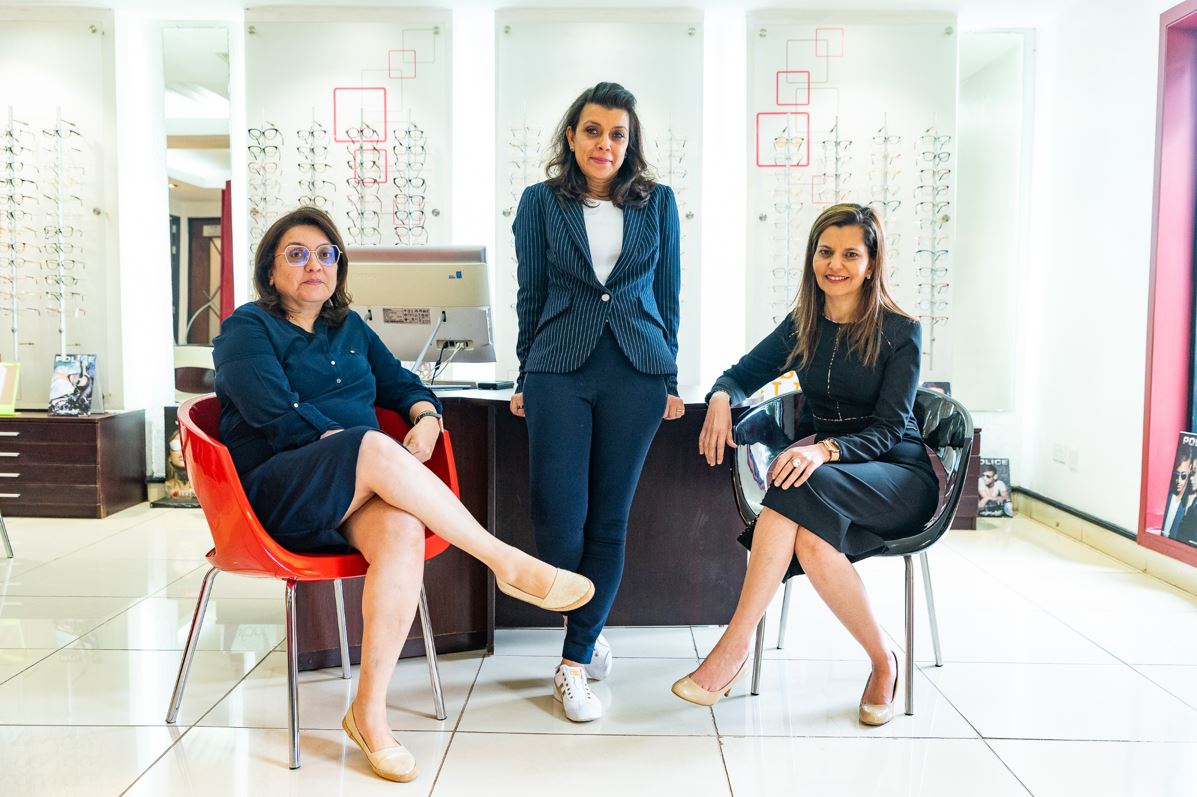
Vision and Style being their driving words, EYERIS is committed to setting a standard of excellence. The practice prides itself with the latest advances in eye health care practices having an array of the most up-to-date vision care technology.
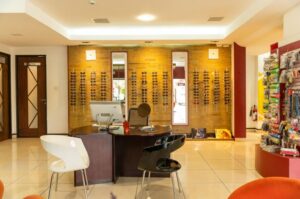
Some of the services and products include routine eye examinations for persons of all ages; thorough retinal examination using advanced technology; dispensing of spectacles by professionals who will advise you on the choice of the frame with comfort and cosmesis in mind; designer and budget eyewear; contact lens fitting, including specialized lenses for astigmatism and keratoconus and low visual aids.
Visit Us At Harmony Centre, 43 General Mathenge Drive, Westlands
CLICK HERE for Directions
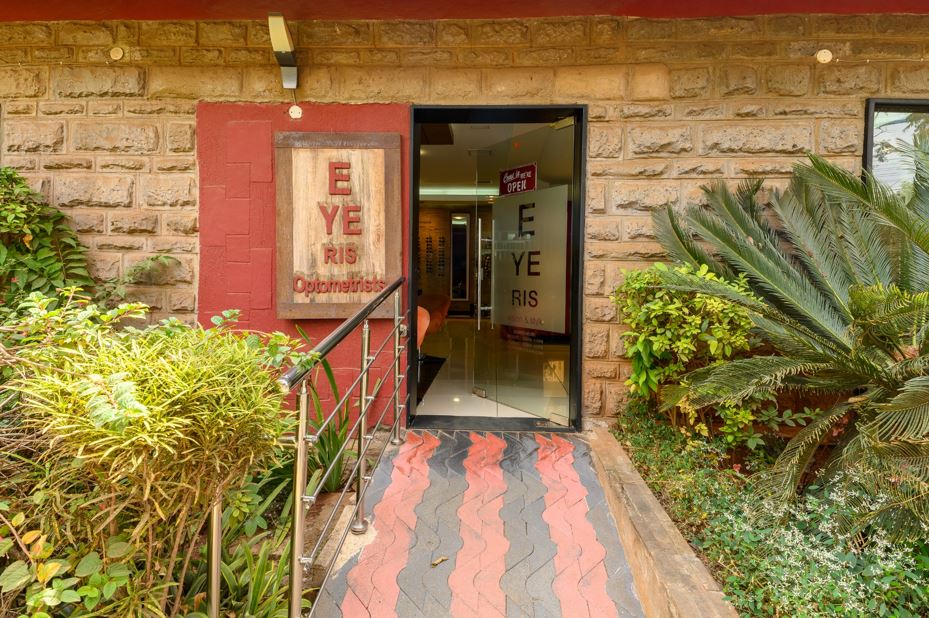
Contact us for consultation
Mobile: +254 718 181 000 | +254 735 181 000
Email: info@eyeris.co.ke
Follow us on Social Media
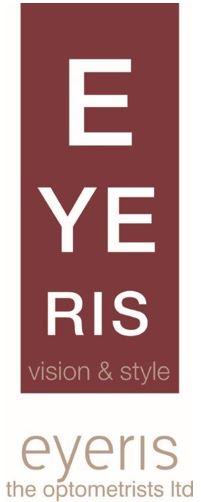
Find Out More on Eyestrain As A Result Of Extended Use Of computers

